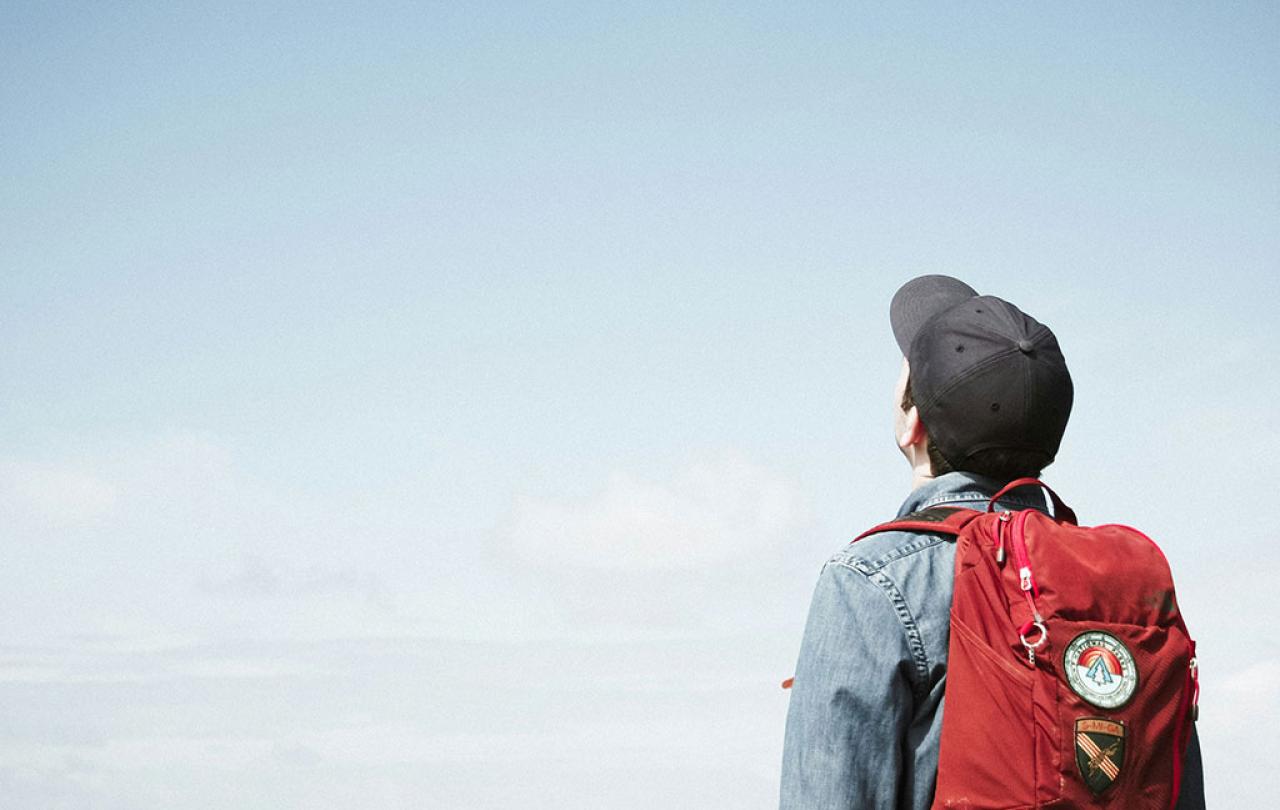
The final instalment of Director James Gunn’s hugely popular Guardians of the Galaxy trilogy has hit the cinemas. This threequel about a relatively obscure set of characters from the Marvel Comic Universe (MCU) has been incredibly well received. It’s set to outperform the first two films in the series as well as other MCU films like Iron Man and Captain America, widely known household names before their stories were transported from comic page to silver screen.
I went to watch Guardians Volume 3 at the cinema on Coronation weekend with my daughter and was struck by the relative ease that it navigated cultural diversity. It offered a fascinating perspective on cultural inclusion and empowerment thanks to the radical diversity of its central characters.
There’s an orphaned boy abducted and brought up by space pirates to become a master thief. There’s a widower and bereaved father whose whole family was massacred but has a gift for nurturing children despite his ferocity. There’s also an abuse survivor rebuilt as a cyborg , a sentient teenage tree, an adopted empath with antennae and a genetically modified racoon.
The Guardians are not just a performative or representational diversity but a functional one. They are the most unlikely synergistic team whose sum is far greater than any of its parts.
These characters represent not simply different ethnicities but wholly different species – plant, mammal, humanoid. None of them seem to be included for purposes of tokenism: each brings essential skills or experience that make the team not only successful, but outstandingly so.
At the Coronation Concert from Windsor Castle that was watched by 12.7 million people in the UK, the diversity on stage seemed more contrived. Despite moments of genuine beauty, dignity and pathos, the need to represent the four nations and the Commonwealth felt like it was motivated primarily by a desire not to offend, a tick box exercise of inclusion rather than a line-up that made coherent sense as an aesthetic whole.
The Guardians are not just a performative or representational diversity but a functional one. The unlikely heroes are drawn together through a vision bigger than themselves and are willing to risk their lives on numerous occasions to save the universe. They are the most unlikely synergistic team whose sum is far greater than any of its parts. This is not just idealism – the well-known McKinsey report showed the legitimate competitive advantage that diversity brings, promoting a breadth of cultures, gender and ages in the C-suite of major businesses.
Diversity works. Diversity also sells. The movie industry is slowly waking up to the need of baking in diversity rather than simply waiting for the global markets to lap up the US leftovers. Films are now being made for a global audience from the beginning. The Marvel franchise are buying into this big time: with Black Panther and Shan Chi tapping into the potential for Black and Asian audiences to engage with the brand.
Most of the Guardians heroes begin life isolated, abandoned, rejected, betrayed or bereaved. During the course of the films, their social coldness thaws and they each find the warmth of fellowship, community and even family.
Perhaps Marvel can do for diversity in the film industry what Spice Girls did for diversity in the music industry. The girl band was deliberately designed by marketeers with audience demographics determining the very make-up of the group which somehow managed to transcend its inception and help a generation of young girls realise there were many different ways to express femininity that broke traditional stereotypes and yet could harmonise. The Spice Girls showed that femininity could include ferocity, sporting ability, elegance and cuteness and no one was the lesser for it. Girl power was in my opinion a positive cultural contribution. It engendered acceptance.
The Guardians trilogy speaks to our cultural longing for an enchanted universe where we are not isolated bodies who happen to be coexisting in the coldness of space but a place where we are known for who we really are and are loved and accepted, despite our differences. Most of the Guardians heroes begin life isolated, abandoned, rejected, betrayed or bereaved. During the course of the films, their social coldness thaws and they each find the warmth of fellowship, community and even family.
The storyline is not a new one. Thousands of years ago another disparate group of outcasts were brought together on a mission to save the world. They were hunted down for their allegiance to that mission but did not give up on their belief that God wanted to create a genuinely inclusive community, where people of all abilities, genders and race could experience welcome as equals. Jesus Christ formed that original band of disciples and is now followed by millions. Churches at their best are similarly diverse. Rich and poor, refugees and natives, old and young, male and female and everything in between are united, not just by being in the same place at the same time, consuming religious services together, but by a purpose beyond them, seeking to share the boundary-breaking, radically welcoming love of God to all without distinction, and to be the guardians of that purpose, of our planet and of all its people.





